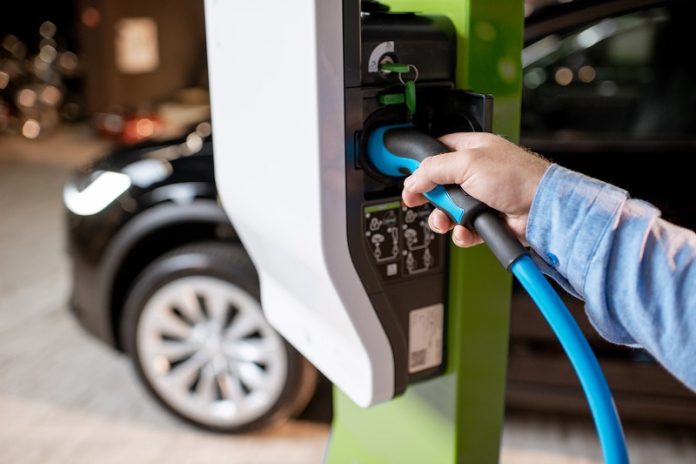
Have you ever thought about what happens to your phone’s battery once it’s worn out?
Or what about the batteries in electric cars?
These are all lithium-ion batteries, and we use them everywhere, from our phones to our cars. They’re awesome for storing power, but they’re also causing some serious problems.
They contain toxic stuff that’s harmful to our planet, and we’re using them so much that we’re running out of the materials needed to make them, like lithium.
Why is this a big deal? Lithium-ion batteries help us use renewable energy like solar and wind power, which is a good thing.
But as we use more and more of these batteries, we’re also facing rising costs and fewer resources to make them. So what’s the solution? Recycling!
Recycling these batteries isn’t easy. The tricky part is getting the lithium back in a way that we can use it again.
Usually, scientists try to get lithium from one part of the battery called the cathode, but it’s a complicated and expensive process. It’s also risky to get lithium from another part, called the anode, because it can cause fires or explosions.
Now, some smart scientists from the Institute of Chemistry of the Chinese Academy of Sciences have found a safer and cheaper way to get lithium back from used batteries.
Instead of using water in the process, which can be dangerous, they’re using special kinds of organic solutions. These solutions are safe and don’t create any risky by-products like hydrogen gas.
What’s really cool is that these solutions have a substance called PAH, which can help to take the lithium out from the anodes safely and efficiently. Plus, the lithium that comes out can be directly used for making new batteries.
This means we can recycle lithium more easily and make new batteries without having to dig up more resources from the Earth.
By finding a way to recycle lithium safely, quickly, and affordably, these scientists are opening the door to more sustainable battery use.
This is a big deal because it means we can keep using renewable energy sources like solar and wind without worrying about running out of the materials needed for batteries. Also, this method could help reduce waste and pollution, which is always a win for the planet!
So the next time you think about upgrading your phone or getting a new battery for your electric car, just remember: the future of recycling these batteries is looking brighter, thanks to some innovative science.
And that’s good news for everyone!
The study was published in the journal Angewandte Chemie.
Follow us on Twitter for more articles about this topic.
Source: Wiley.



